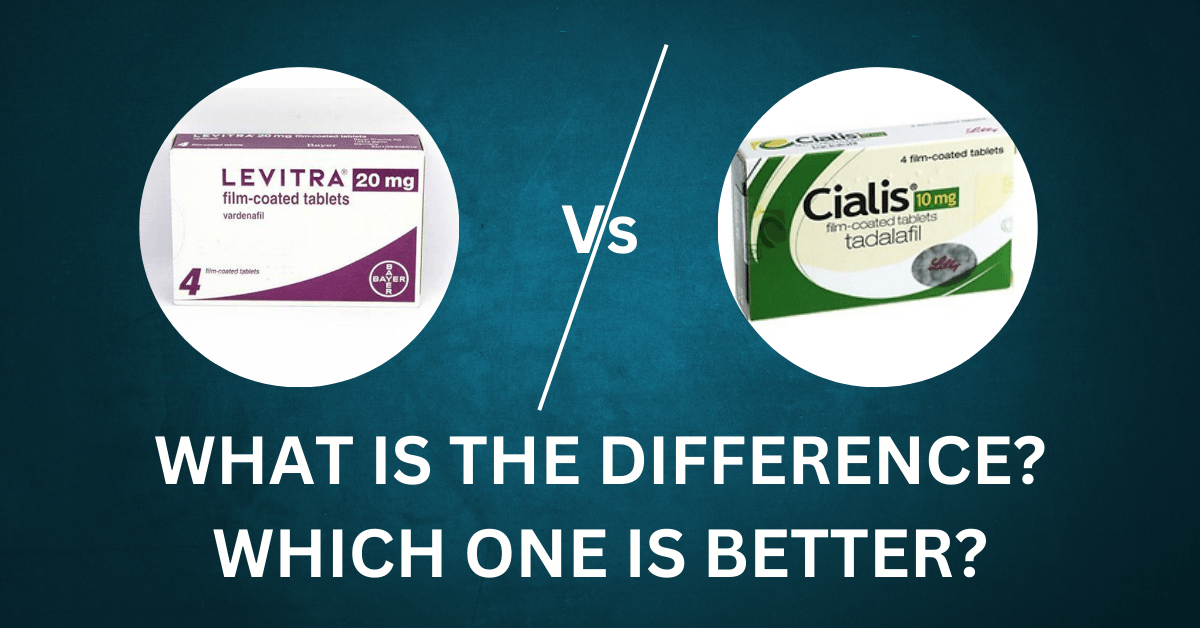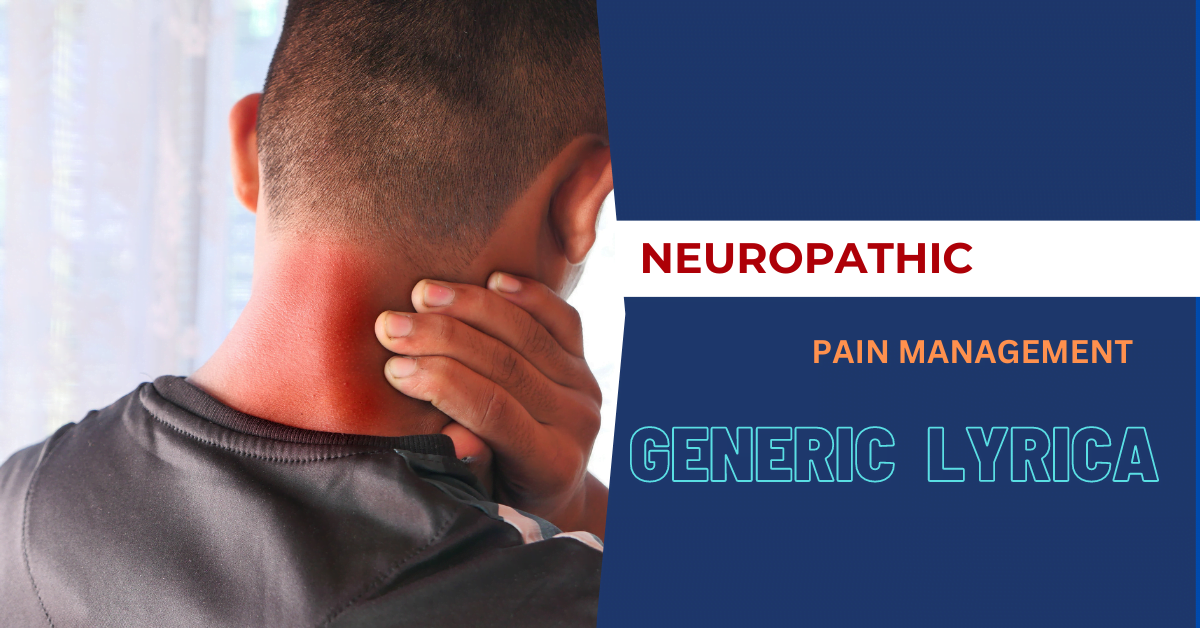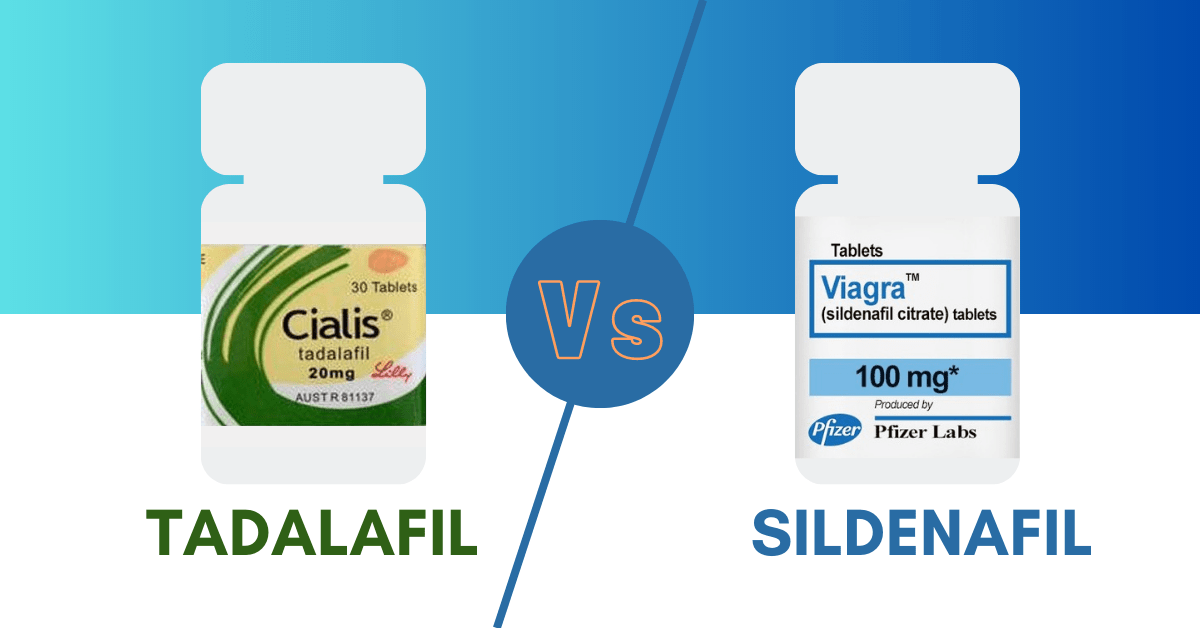
Treating Alcohol Addiction: A Comprehensive Guide to Medications and Treatment Options
Introduction:
Alcohol addiction is a chronic disease that affects millions of people worldwide. While many traditional approaches to treatment, such as therapy and support groups, can be helpful, medications can also play an important role in managing withdrawal symptoms and reducing the risk of relapse. In this article, we’ll explore the various medications and treatment options available for alcohol addiction.
Understanding Alcohol Addiction
-Causes of Alcohol Addiction
Alcohol addiction is caused by a complex interplay of genetic, environmental, and behavioral factors. Some individuals may have a genetic predisposition to alcohol addiction, while others may develop it due to environmental factors such as stress, trauma, or peer pressure. Behavioral factors like drinking to cope with emotions or social situations can also contribute to the development of alcohol addiction.
-Signs and Symptoms of Alcohol Addiction
The signs and symptoms of alcohol addiction can vary from person to person, but common symptoms include an increased tolerance to alcohol, withdrawal symptoms when not drinking, and a loss of control over alcohol consumption. Other symptoms can include drinking despite negative consequences, neglecting responsibilities, and spending a lot of time drinking or recovering from its effects.
– Risk Factors for Alcohol Addiction
Several factors can increase the risk of developing alcohol addiction, including a family history of alcoholism, mental health issues, a history of trauma, and peer pressure. Other factors like high levels of stress, low levels of social support, and easy access to alcohol can also contribute to the development of alcohol addiction.
Medications for Alcohol De-Addiction
– Disulfiram (Antabuse)
Disulfiram is a medication that works by causing unpleasant physical reactions when alcohol is consumed. This medication can help individuals avoid alcohol consumption by creating negative associations with drinking. Common side effects of disulfiram include nausea, vomiting, and headaches.
– Acamprosate (Campral)
Acamprosate is a medication that helps reduce alcohol cravings and withdrawal symptoms. This medication works by restoring the balance of brain chemicals that are disrupted by chronic alcohol consumption. Common side effects of acamprosate include diarrhea, nausea, and headaches.
– Naltrexone (ReVia)
Naltrexone is a medication that blocks the pleasurable effects of alcohol and reduces cravings for it. This medication can be taken orally or as an injection. Common side effects of naltrexone include nausea, headaches, and fatigue.
-Baclofen (Lioresal)
Baclofen is a muscle relaxant that can also be effective in reducing alcohol cravings and withdrawal symptoms. This medication works by stimulating the same receptors in the brain that are activated by alcohol. Common side effects of baclofen include drowsiness, dizziness, and weakness.
Treatment Options for Alcohol Addiction
– Inpatient Rehabilitation
Inpatient rehabilitation involves staying at a treatment facility for an extended period of time, typically 30-90 days. This type of treatment provides a structured environment for individuals to focus on their recovery and receive 24/7 support from healthcare professionals.
– Outpatient Rehabilitation
Outpatient rehabilitation involves attending treatment sessions on a regular basis while still being able to live at home. This type of treatment can be more flexible and less expensive than inpatient treatment but may not be as intensive or effective for severe cases of alcohol addiction
– Support Groups
Support groups like Alcoholics Anonymous and SMART Recovery provide a safe space for individuals to share their experiences, receive support, and connect with others who are facing similar challenges.
– Behavioral Therapy
Behavioral therapy, such as cognitive-behavioral therapy, motivational interviewing, and contingency management, can help individuals change unhealthy behaviors and thought patterns that contribute to addiction.
Conclusion:
Alcohol addiction can have a profound impact on an individual’s life, but it is a treatable condition. Medications like Disulfiram, Acamprosate, Naltrexone, and Baclofen can play a crucial role in managing withdrawal symptoms and reducing the risk of relapse. Alongside medication, treatment options like inpatient and outpatient rehabilitation, support groups, and behavioral therapy can provide comprehensive and effective solutions for individuals struggling with alcohol addiction. Remember, seeking help is the first step towards recovery.
Resent Post
Unveiling the Benefits of Sildenafil Oral Jelly 100mg: A Comprehensive Review Sildenafil Oral Jelly 100mg, a recently developed form of the drug
Vardenafil Vs Tadalafil: Choosing the Right ED Medication for You When it comes to treating erectile dysfunction (ED), there are several options
Say Goodbye to Chronic Pain with Generic Lyrica: A Game-Changer in Medicine! Introduction Chronic pain is an insistent and debilitating condition that
Choosing the Suitable Medication: Tadalafil vs Sildenafil for Erectile Dysfunction Introduction Erectile dysfunction (ED) impacts a significant number of men globally and




